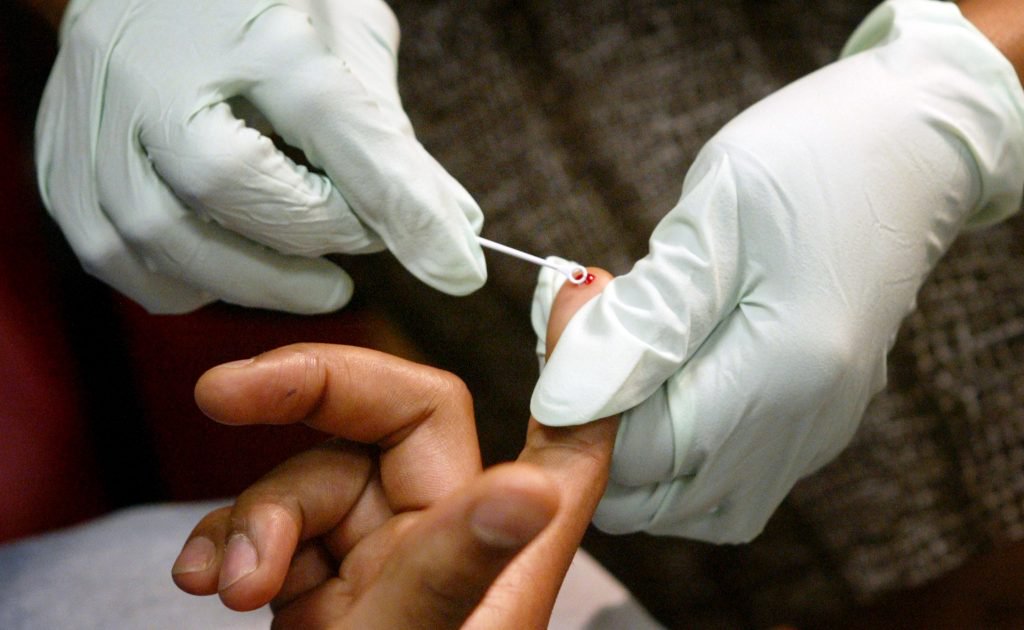Comment | World Aids Day: Everything you need to know about HIV
Dr Elizabeth Kershaw-Yates has compiled a list of things to know ahead of World Aids Day
By Steve Brown

December 1 is World Aids Day and there is still a huge amount of misinformation around HIV and Aids.
Being diagnosed as HIV positive is often seen as a death sentence and some people still regard it as being something which only affects gay men.
However, HIV affects people of all sexual orientations and genders – and with the right treatment, which must be taken daily and forever, it is possible to live a long life.
Dr Elizabeth Kershaw-Yates, GP and one of the medical team at TheOnlineClinic and TheSTIclinic, has provided a list of everything you need to know about the virus.
Here is everything you need to know about HIV:
HIV is the virus which attacks the immune system. AIDS is the condition which you develop once your immune system has been severely damaged
There is a difference between HIV and Aids. HIV (Human Immunodeficiency Virus) is a virus which attacks our immune system and makes us vulnerable to infections.
Aids is the name given to your condition once your immune system has been severely damaged. A person with Aids has already contracted a number of life-threatening infections.

It’s passed through the bodily fluid of an infected person
The HIV virus is transmitted through blood, semen, vaginal discretions and breastmilk.
Because it is a fragile virus, it cannot survive outside the body for very long. This means it’s not possible to catch it through sweat, urine or saliva.
It also can’t be spread by mosquitos. Although this used to be widely believed, it’s now been proven that HIV cannot survive long inside an insect.
It does not discriminate
It used to be widely believed, that HIV just affected gay men – but this isn’t the case at all. All genders, ages, race and sexual orientations can be diagnosed with HIV.
The majority of new cases in the UK are in the heterosexual community and a third of all new diagnoses are women.

It is no longer a death sentence
Most people in the UK who are HIV positive, manage to live long and healthy lives if they have access to the right treatment. However, unfortunately, in developing countries the mortality rate is still very high.
Treatments are available
HIV can be treated with medication to stop it replicating in the body. This gives the immune system time to repair itself and can help prevent any further damage.
PrEP is a drug which can be prescribed to stop people contracting the HIV virus. If you are at high-risk of catching HIV, it is available in England, Scotland and Wales though the NHS at GUM clinics. It is also available through various online clinics.
People in high risk categories include:
- People who have unprotected anal sex (the highest risk factor)
- People who use recreational drugs such as crystal meth, mephedrone or GHBI
- People in a relationship with someone who is HIV positive.
As the virus easily becomes resistant, a combination of drugs is usually prescribed. There is still no cure, so people who are HIV positive will have to take medication for the rest of their life.
However, remember that if you have been diagnosed as HIV positive, it doesn’t mean your life will be drastically affected. With the right medication, you can live a normal, healthy life.
